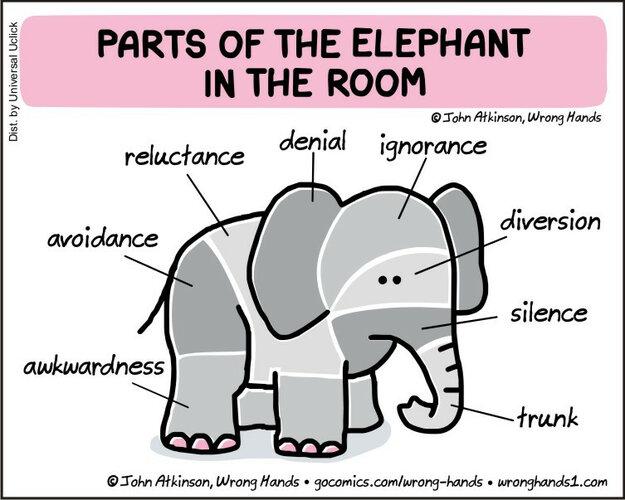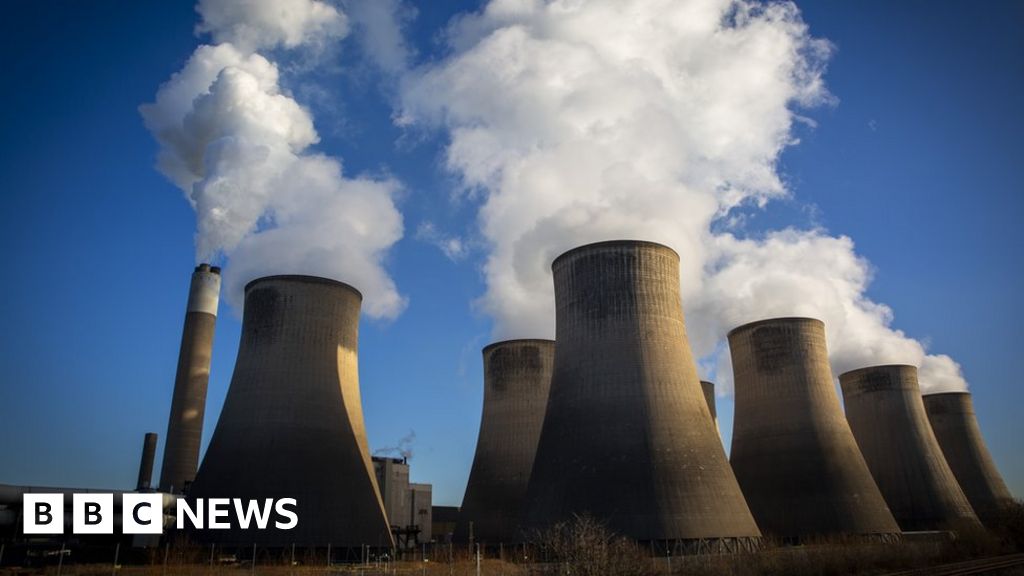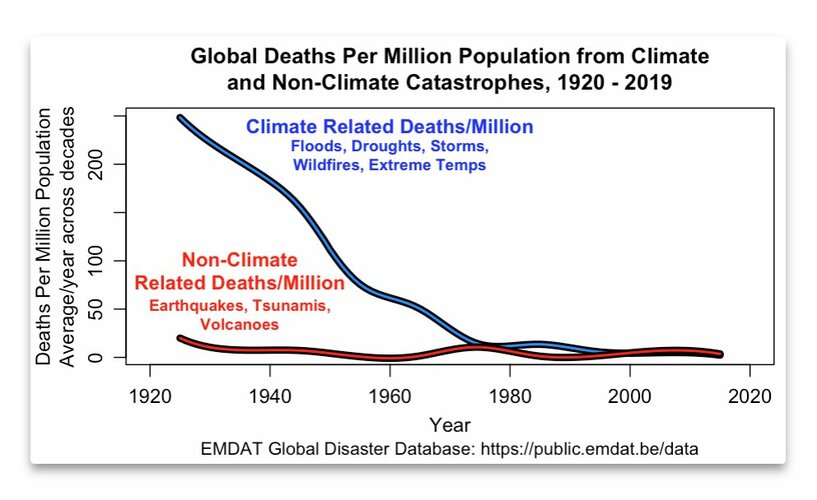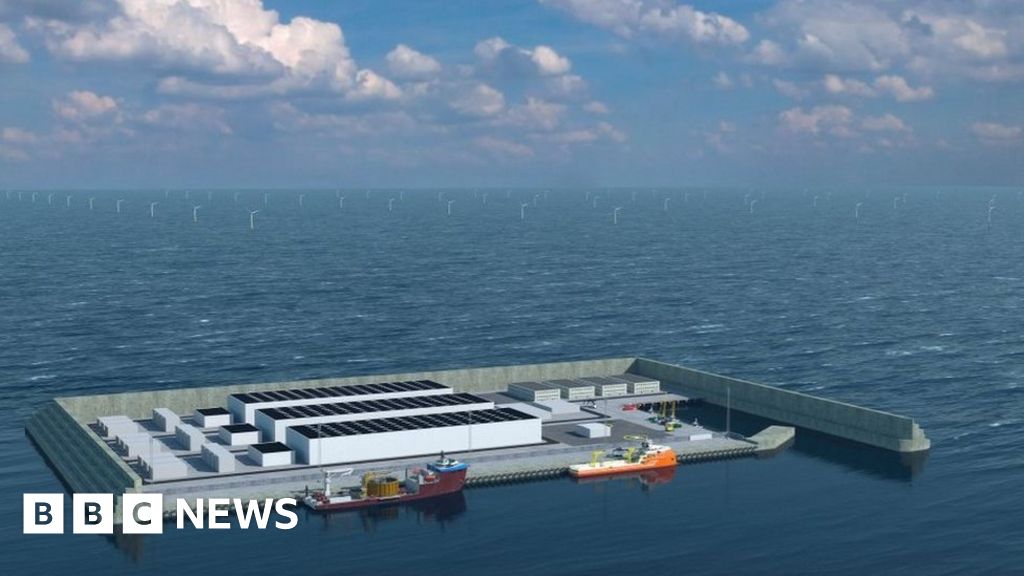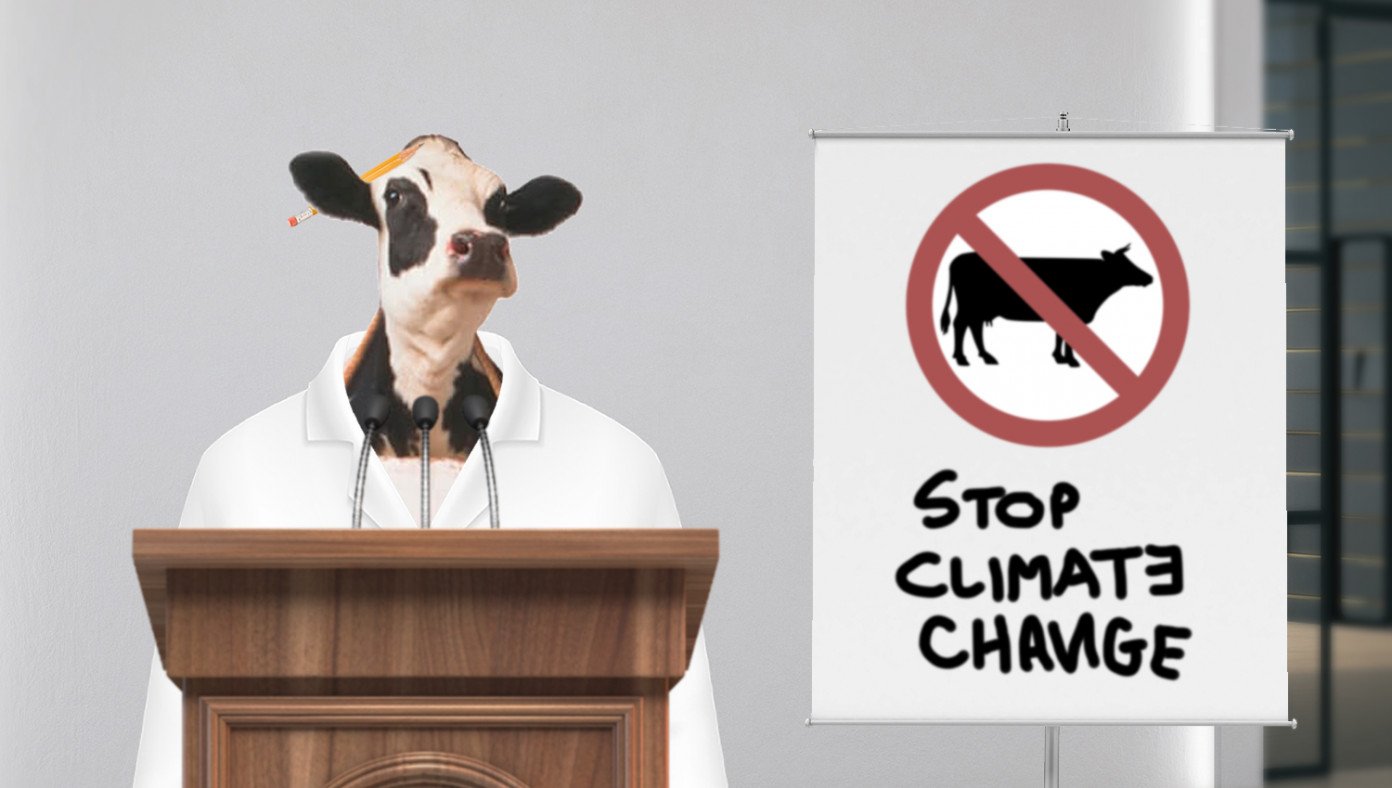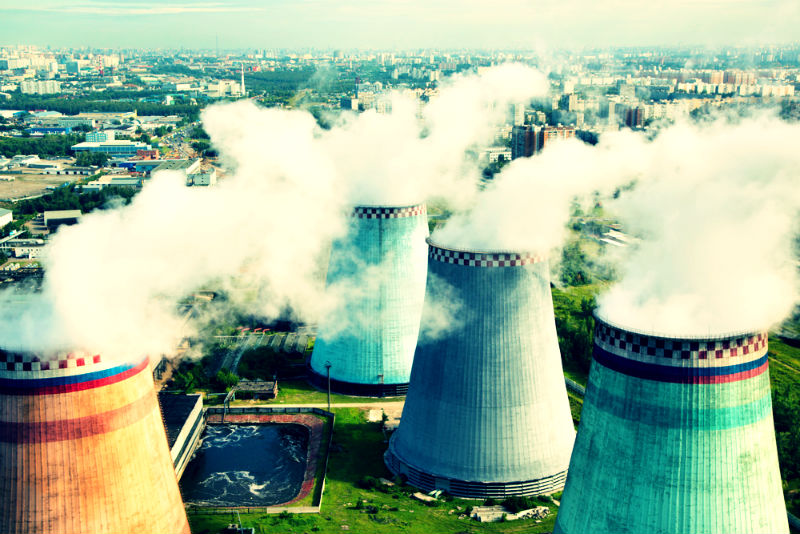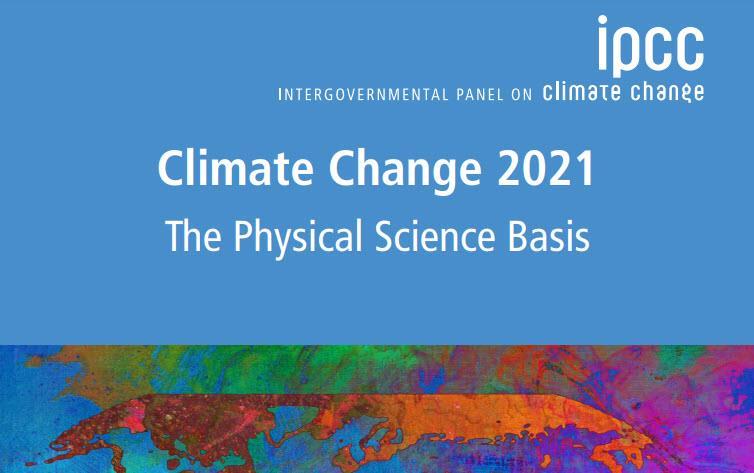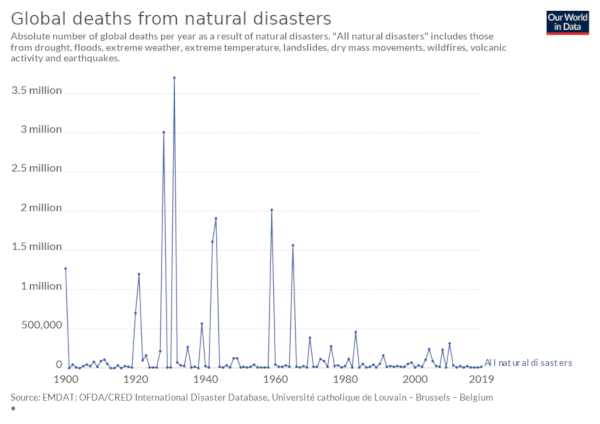That we are altering Earth's atmosphere is beyond any doubt.
Current and future levels of CO2 and other gases can store more energy in the atmosphere than at any time in human prehistory or recorded history. The rate of change is unprecedented, save perhaps for super eruptions and the odd asteroid giving us a good whack. The anthropogenic nature of the process shows up in a) the amounts of fossil fuels used and the amounts of gases in the air matching up as predicted and b) fossilized carbons showing a different isotope distribution than that of pre-industrialized times, also matching fossil fuels used.
There are a couple of old chestnuts here:
1) "We can engineer ourselves out of the mess": Well, time is of the essence so it is foolhardy to project too much into our future capacity to act. The principle of prudence supersedes optimism here and, frankly, if anyone understood that one can scarcely "negotiate" with the laws of thoroughly understood physics it should be engineers. Use the tools that we have in the necessary scale, integrate future positive developments as they come but do not presuppose them. We are not in a linear change situation, there are irreversible tipping points at somewhat indeterminable distances before us that should be steered as clear of as we possibly can.
2) "The greens oppose nuclear energy": For most environmentally predisposed persons and organizations, the issue of nuclear energy is elementally entwined with the rates of change, of the crisis and of the required mitigating measures. Sure, two, three decades ago those rates allowed for options but now we are clearly in an "all hands at deck" situation. While nuclear energy might not be very palatable to some (and can't be the sole solution) there's not too much categorical, practical opposition remaining because the demands of the situation have evolved. What basically remains is an outdated rhetorical tool to smear environmentalism as irrational and extreme on the whole. Dealing with the risks of extended use of old nuclear power plants and the generally woefully mismanaged waste problem continue to be at grave odds with nuclear energy being a realistic solution and must be addressed on a case by case basis without forgetting the whole.
3) "Climate change is unsolvable without addressing the size of the population": There are no projections in which global population will continue to grow beyond a few decades; the growth is uneven but what remains of it happens almost exclusively at areas the least responsible per capita for climate change (a small fraction, in fact). Since continents like Africa do not need to replicate all the steps (and mistakes) others have made on the way to efficiency and sustainability much of the remaining effect can be mitigated by just leapfrogging fossil fuels. The most surefire way to control population sizes is to increase prosperity and well being and this is doable with a much higher purchasing power parity of food and energy security in places that those of us who are often the most energy-gluttonous call in a belittling way "underdeveloped". Beyond that, (external, objectifying) talk of active measures (beyond well established social, participatory and consensual managing of birth rates) on the whole are just efforts to widen the Overton window into some deeply unethical, cruel and unnecessary territory and driven by something else than environmental concerns entirely.
I guess there are more, but who's making exhaustive lists anyway?
On the whole climate scientists and activists are portrayed as somehow imposing "doom and gloom" on the rest of us. It is the other way around, actually, since the rather well resourced forces either relying on the continued use of fossil fuels and/or betting (the market and otherwise) on the worst kind of mayhem climate change can cause are trying to force a "between a rock and a hard place" situation. Sadly they've been somewhat successful in catering "the comfort of an inevitable disaster" in a deeply cynical zero sum game, tied intrinsically with ideas of totalitarianism and a circular history of which there is no escape. There's no balance in the numbers between facts and fallacies so the strategies of mitigating climate change must account for that as well.
I recently listened to a podcast which (fleetingly) speculated on a planetary civilization on a more resource scarce world, whether one would be possible and whether such a society would be elementally more environmentally cognizant. One of the byproducts of our deep evolutionary history are the fossil remains of the life that went before us. In many a sense that has carried us this far but we're now faced with taking the next step and that can be at least as inspiring, imaginative, involving an effort as any embarked upon before us.
The IPCC's Sixth Assessment Report, addressing the most up-to-date understanding of climate change, is another reminder of the pressing need for the aviation sector to reduce its environmental footprint.

www.flightglobal.com
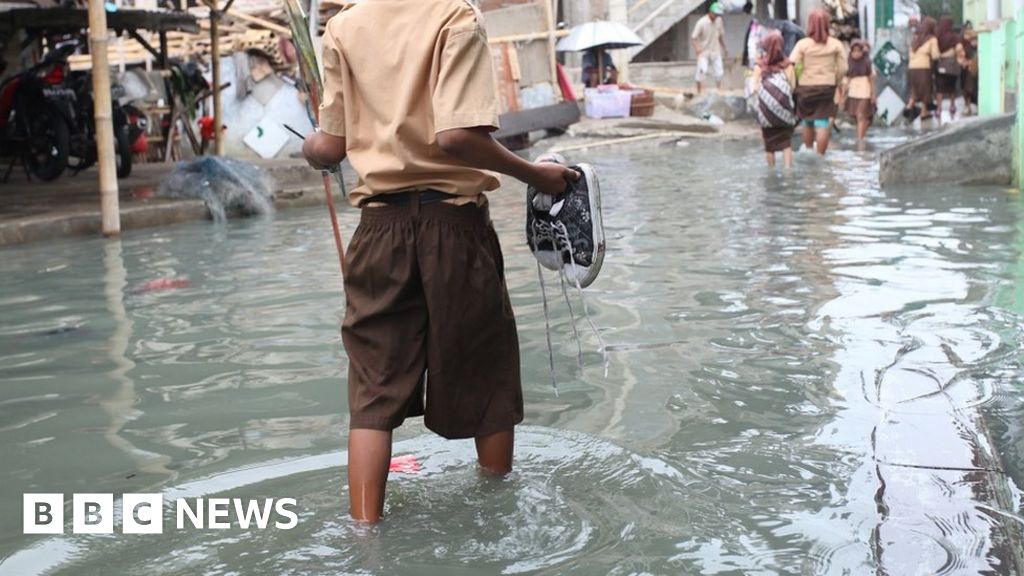
 www.bbc.com
www.bbc.com


